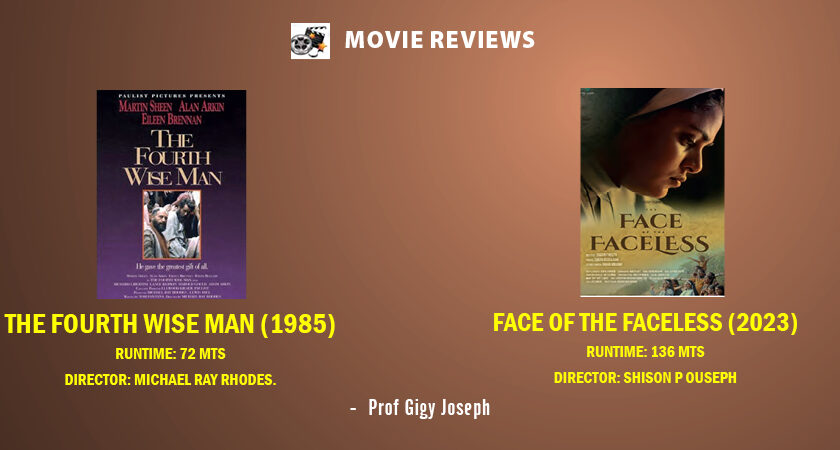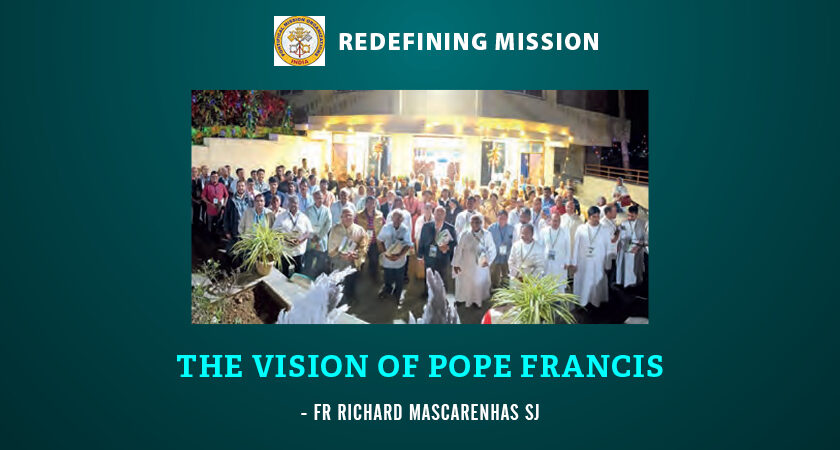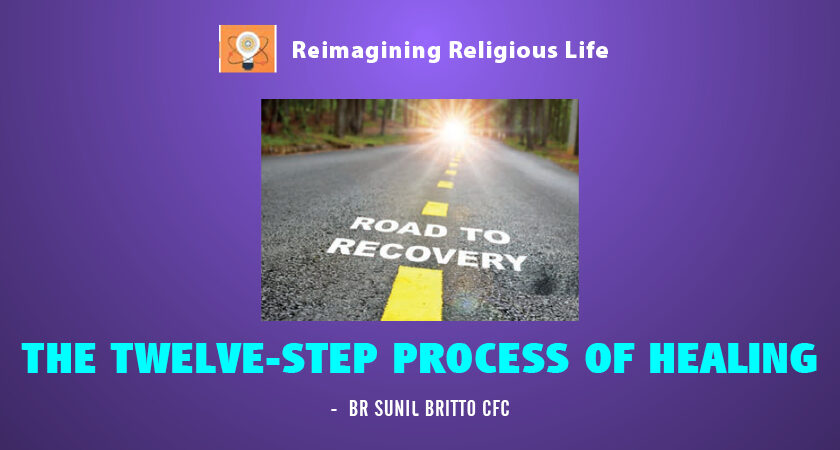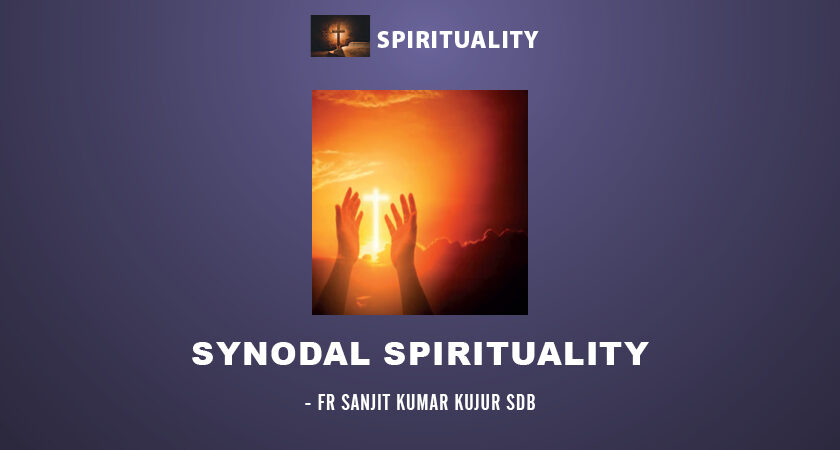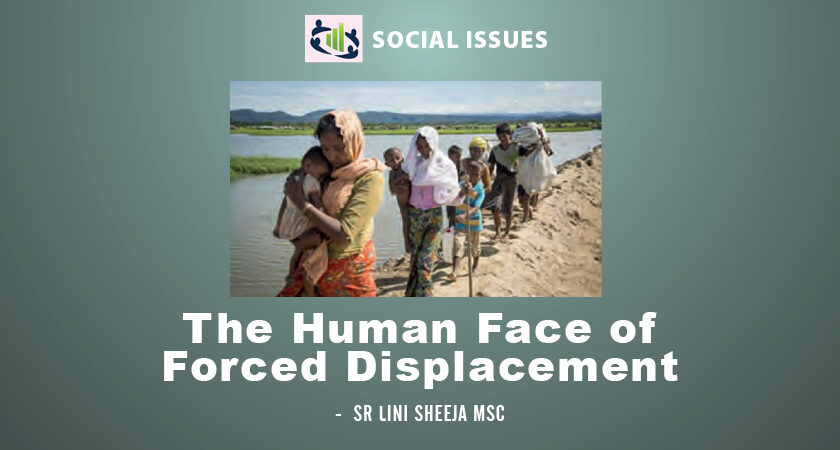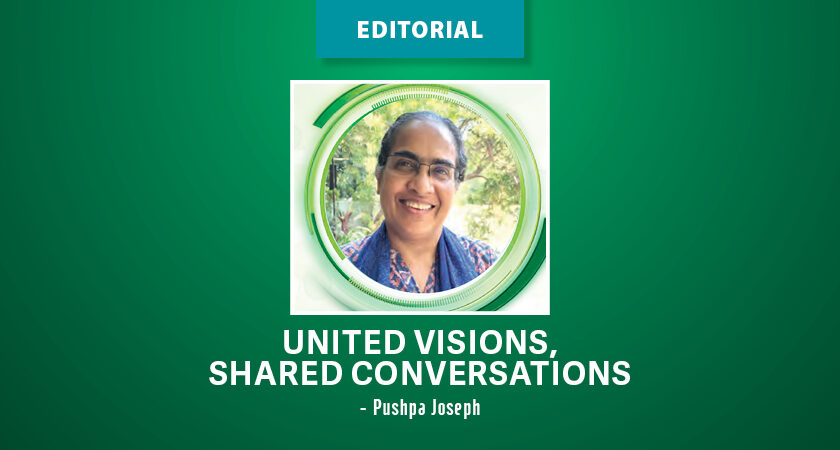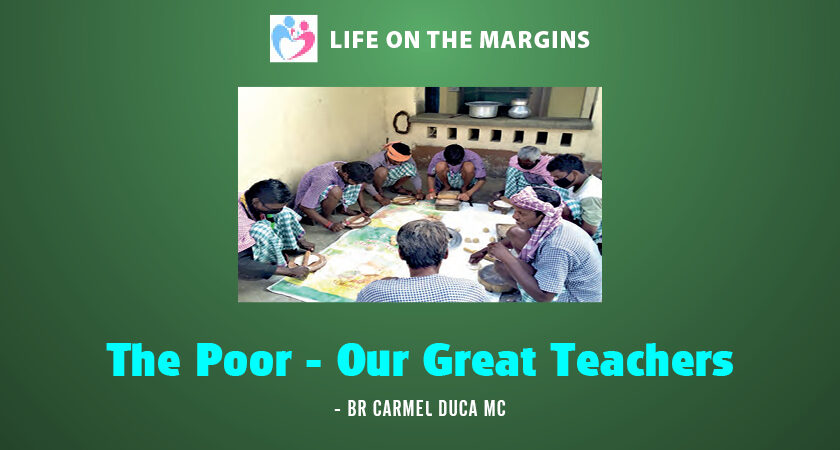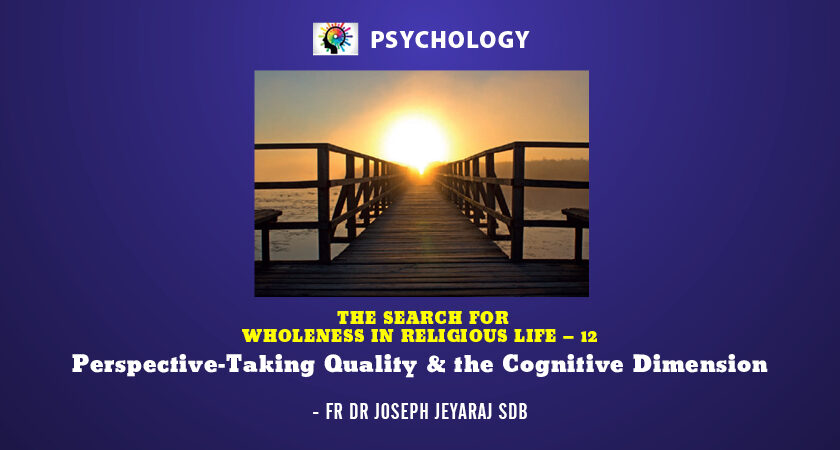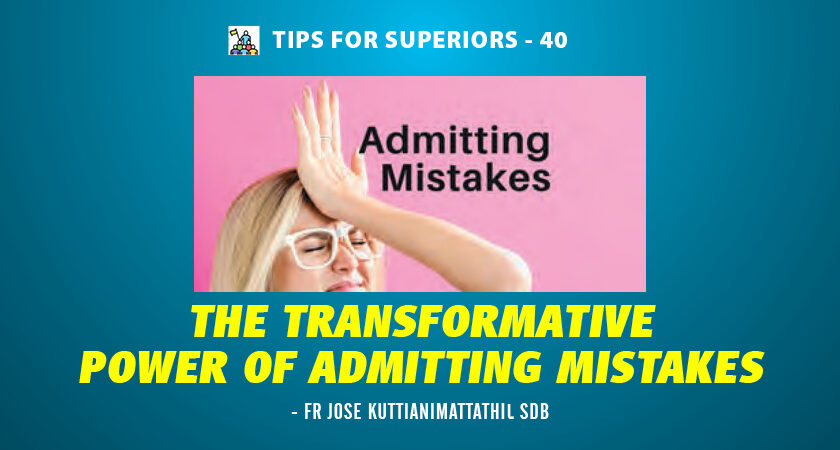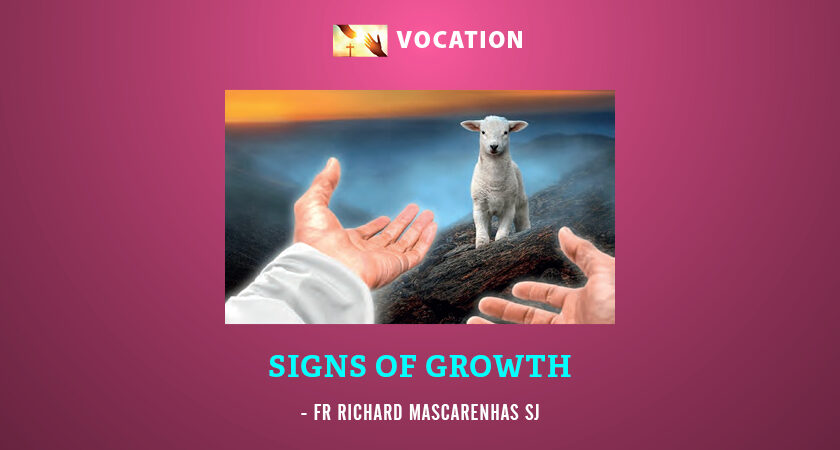The Fourth Wise Man (1985) Runtime 72 mts
Director: Michael Ray Rhodes.
Cast: Martin Sheen, Alan Arkin, Eileen Brennan, Ralph Bellamy, Money Penny.
“The Fourth Wise Man,” (1985) directed by Michael Ray Rhodes, explores the lesser-known legend of Artaban, a fourth Magi, based on Henry van Dyke’s novel, “The Other Wise Man.” Grieving the loss of his family, Artaban, a wealthy Medianite, embarks on a journey to find the newborn King of the Jews, inspired by the Star of Bethlehem. Despite discouragement from friends, Artaban sacrifices his wealth for gifts – a sapphire, a ruby, and a “pearl of great price.” Along the way, he encounters obstacles, such as caring for a dying wayfarer and organizing his own caravan. Artaban learns of the birthplace in Bethlehem but arrives to find the Holy Family has fled to Egypt. His acts of charity and encounters with those in need delay his quest for thirty-three years. Accompanied by his loyal servant Orontes, Artaban witnesses the trial and crucifixion in Jerusalem, where he meets Peter and aids an enslaved girl with his precious pearl. Despite an accident preventing a close encounter with Christ, Artaban finds solace in Christ’s voice in his dying moments, realizing that his acts of kindness were accepted: “Verily I say unto thee, Inasmuch as thou hast done it unto one of the least of these my brethren, thou hast done it unto me.” The gift had already been accepted.
Face of the Faceless (2023) Runtime: 136 mts
Director: Shison P Ouseph
Cast: Vinshy Aloshious, Jeet Matharu, Sonali Mohanty, Jackson Varghese, Ajeesh Joseph, Anjaly Sathyanath, Fr Stanly Kozhichira., Poonam Ingale et al
Currently in Indian theaters, this biopic recalls the life of Sr. Rani Maria, a Franciscan Clarist nun martyred in 1995 in Indore, Madhya Pradesh. Born in Kerala, she dedicated herself to empowering the rural poor in Indore, particularly the marginalized tribal communities. Despite facing opposition and hatred from the powerful and wealthy, Sr. Rani Maria, affectionately known as “Indore Ki Rani,” tirelessly worked to uplift the impoverished, focusing on women empowerment. The film portrays her four years in Bhopal and Indore (1990-1994), depicting the challenges she encountered from moneylenders and the feudal system. The narrative culminates in her tragic martyrdom at the hands of an ignorant hireling named Samunder Singh, sent by moneylenders to halt her mission. The movie also highlights the villagers’ resilience and dignity amidst adversity. It underscores principles of non-violence, forgiveness, and compassion, echoing national ideals. The narrative takes a poignant turn as Sr. Rani Maria’s Congregation and family reconnect with Samunder Singh in an act of forgiveness. The film concludes with Sr. Rani Maria being beatified on November 4, 2017, emphasizing the enduring values of non-violence and compassion encapsulated in India’s cultural ethos.
To subscribe to the magazine, click Subscribe
